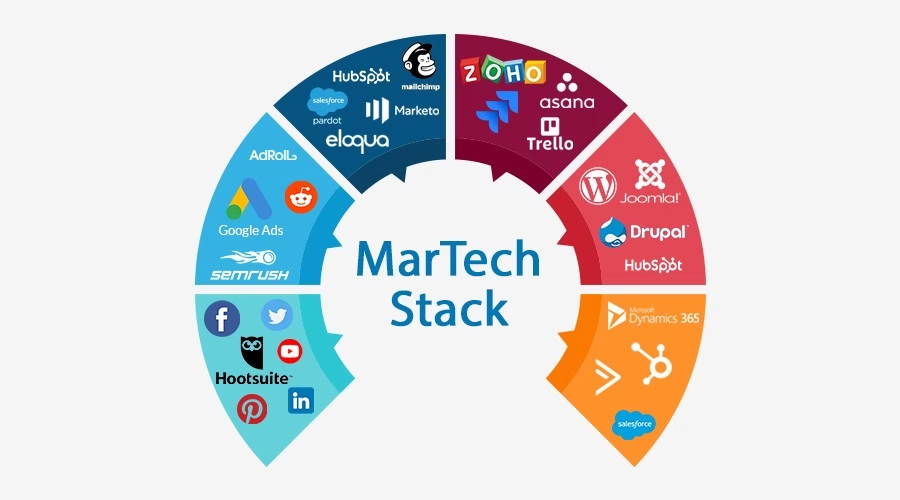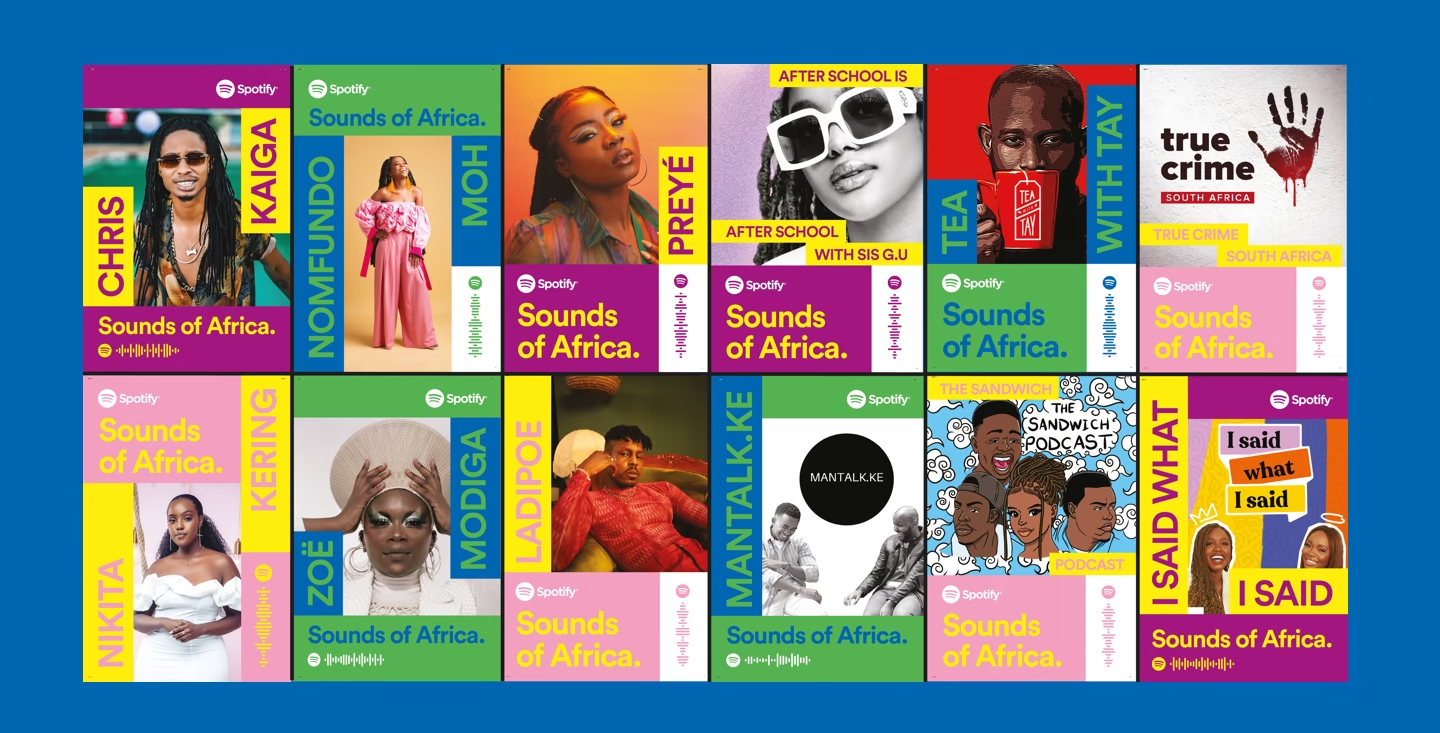Discover why traditional marketing falls short against AI-driven strategies and how to adapt. Learn to define clear metrics, integrate advanced analytics, and collaborate effectively with finance to justify marketing spend. Read more on 365marktech.africa.
Traditional marketing methods face unprecedented challenges in the era of AI-driven strategies. As artificial intelligence reshapes the landscape, marketing is increasingly guided by precise, data-driven metrics that resonate with CFOs and CEOs alike.
Establishing effective ROI metrics remains a significant hurdle. While metrics like click-through rates and sales conversions are clear indicators for top-of-the-funnel (TOFU) and bottom-of-the-funnel (BOFU) activities, middle-of-the-funnel (MOFU) engagements often lack well-defined, actionable metrics. MOFU relies heavily on bespoke content and creative strategies to foster customer engagement and build relationships.
To address these challenges, marketers must adopt SMART (specific, measurable, achievable, relevant, and time-bound) goals for each campaign stage. MOFU metrics now demand deeper insights such as page flow analysis, event tracking (e.g., user actions like video views and social media interactions), and bespoke metrics tailored to unique campaign objectives.
AI plays a crucial role in enhancing these metrics by analyzing extensive datasets to predict lead conversions and provide nuanced insights into customer behaviors. However, the success of AI-driven insights hinges on the quality and relevance of the underlying data.
Effective collaboration between CMOs and CFOs is essential. Transparent reporting and aligning marketing objectives with financial goals help bridge gaps and justify investments in terms of metrics like gross profit per acquisition (GPPA) and customer lifetime value (CLV).
Technological advancements, including marketing automation platforms and advanced analytics tools, empower marketers with accurate performance measurement capabilities. Continued investment in team training further enhances their ability to interpret data effectively and make informed decisions that drive business growth.
Looking ahead, predictive analytics, customer journey analytics, and advanced attribution models are shaping the future of marketing metrics. These tools enable CMOs to construct precise financial narratives that demonstrate the tangible impact of marketing efforts on business success.
By embracing AI, refining metrics, and strengthening financial collaborations, CMOs can elevate their roles within the C-suite and drive sustainable growth through strategic marketing initiatives.
Stay ahead of the curve with the latest in marketing technology and trends. Explore more insights at 365marktech.africa.










